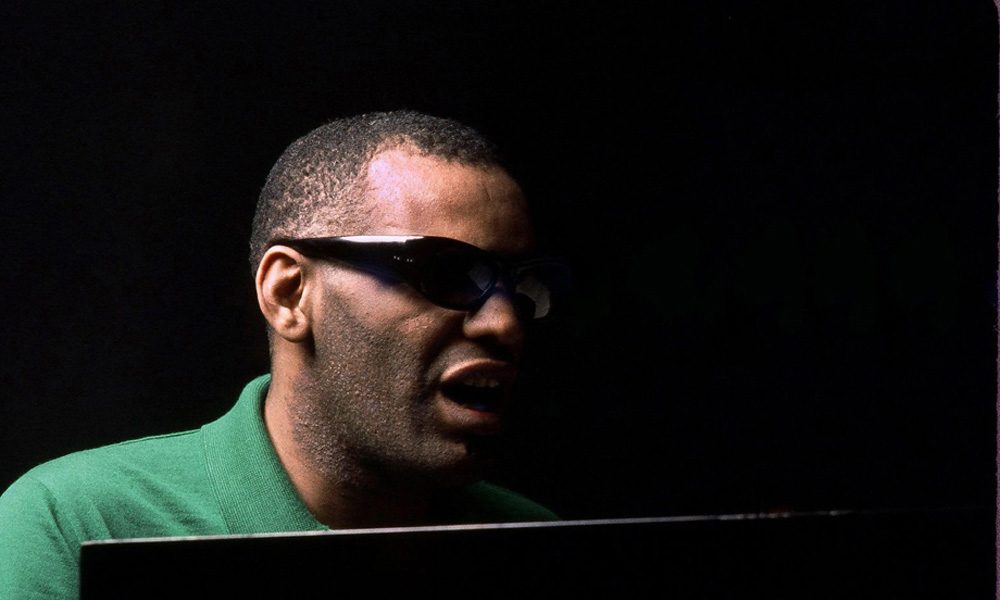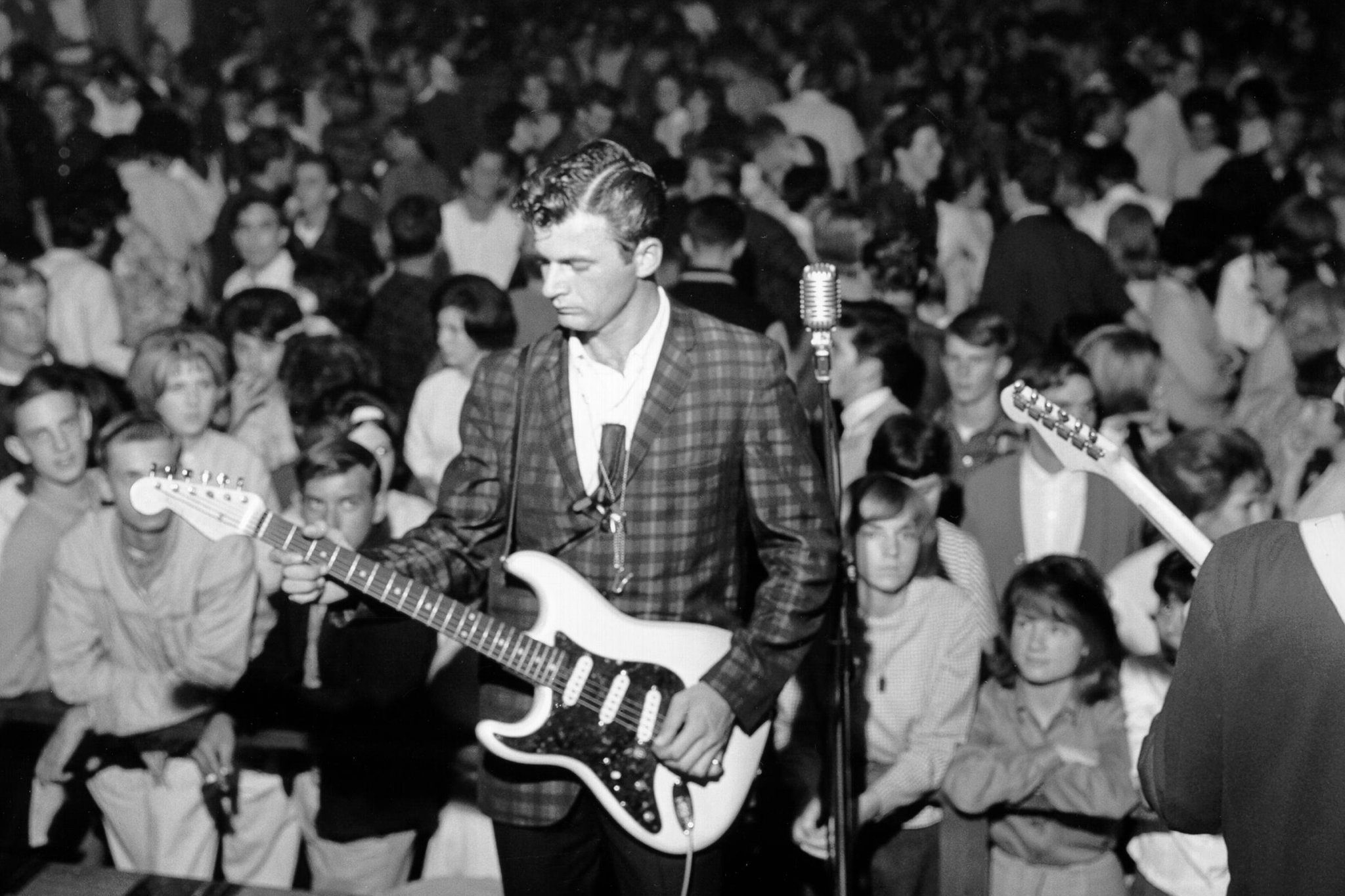🖋 The view from the new office was great – facing east over a man-made lake, I would be rocking out to Ray and watching the sunrise most mornings. I had negotiated hard for my offer – with the encouragement of my mentor, and was now glowing in the realization that I was well-positioned. A role that was a mix of technology leadership which I knew, and people development which I wanted to focus on now, Together in one place. One morning in the first week I was there, the recruiting manager who I had negotiated with came in, closed the door, and asked “Do you have anything you would like to tell me?”
I should back up to remind you that I was in the process of getting a package from my previous role when we were slinking out of the garage yesterday. That process was taking… longer to put Together… and I was faced with a decision. I had decided to actually start my new job … before leaving my last job. You are probably shocked – and, yet, this was actually the 2nd time I have done this. Getting offers and start dates to align is a complex multivariate process involving people, most of all, me. I had been working to get started here for 45 days, and now well underway even though it was technically only day 4.
🎵 By the late ‘50s, Ray was firmly established as both a pop and R&B (Rhythm and Blues) star. He left Atlantic Records which had helped him achieve that status, recorded a seminal Jazz Album called Genius, which by now he was firmly established as. And as we turned into the early ’60s, he landed at ABC’s growing Record division. Late to the record business, they were able to give Ray a very lucrative contract – unheard of at the time – to maintain rights to his own masters, something that rock artists didn’t get until well into the ’70s and some even into the ’80s. He felt he had arrived, and also that now was the time to start to shift from writing music to interpreting others…
… and he loved Country and Western – what he called “hillbilly” music. The stories were easy to sing, and the ballads, in particular, were well-written and fit him. He surfaced this as what he wanted to record first – to almost uniform disdain. Remember, of course, that the Civil Rights movement was just really starting out, so as someone politely pointed out, “Your people don’t listen to this music, and those that do, don’t want to hear you sing it”. He was not Together with anyone, and yet, he kept pushing forward.
“You Don’t Know Me” was written by Cindy Walker for Eddy Arnold, who recorded it for RCA in 1956. The song’s narrator longs for a woman that views him as “just a friend/That’s all I’ve ever been/For you don’t know me.” AllMusic editor Bill Janovitz writes of the song’s affecting narrative, stating “The genius, the pathos, and the soul that is Charles oozes into this recording […] No matter how many times one hears the song, it still induces chills down the spine after the narrator blows any chance he might have had and is left alone at the end.”
🖋 They had been looking for a person in my new role for over a year, and thus were very anxious to both fill it, and announce it. The announcement highlighted my achievements at my previous job, which someone here forwarded to someone there. They had contacted the recruiting manager to ask if I had in fact already started… It was a clear moment for truth, and faced with a choice, that was what I decided to do. After laying out my challenge and the approach, he simply smiled… and said that he would delay returning the call – to the following Monday. Together we would work through this for the best outcome for all…
… and I had made a good call. While this is a very embarrassing story, this person became one of my best allies as things continued to develop. He had a keen sense of management – both the science and art of it, and helped me develop a great partnership. He also was instrumental in helping me hire and recruit great talent, and also to understand the challenges of retaining top talent. All of it came down to those early interactions Together, and establishing a trust that would last. Later I would find an interesting definition of Trust – someone knows something about you that would be embarrassing, but would never let anyone know. That would be accurate for real partners as you will hear more tomorrow.
I have found through many of my own experiences, and now those of hundreds of others, that getting others to quickly know and trust you is critical to all transitions. And to do that, you have to be very clear about your core values. You can take what you want from this story about mine, but for you, what is that you want people to understand most about you … quickly. And what can you do to help them know it fast? In this situation, I learned that the truth is always the best policy, and also, that focusing on the money can often get you in trouble. And most of all, what I needed to focus on was re-building a team that could never say … You Don’t Know Me.




